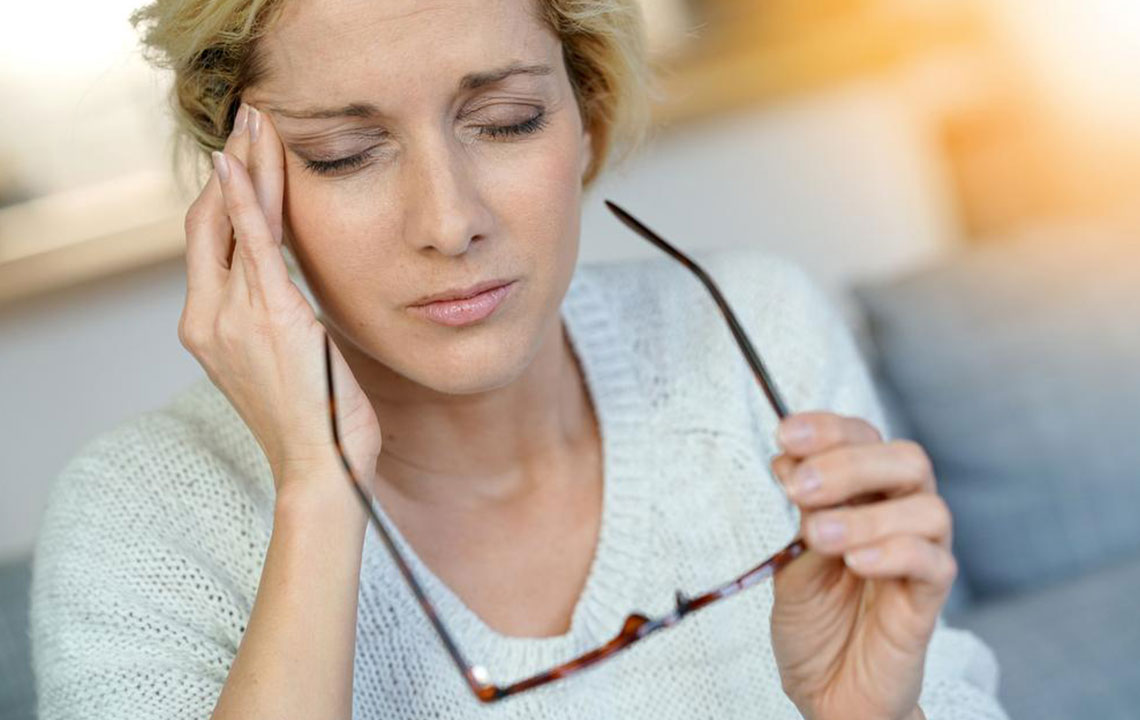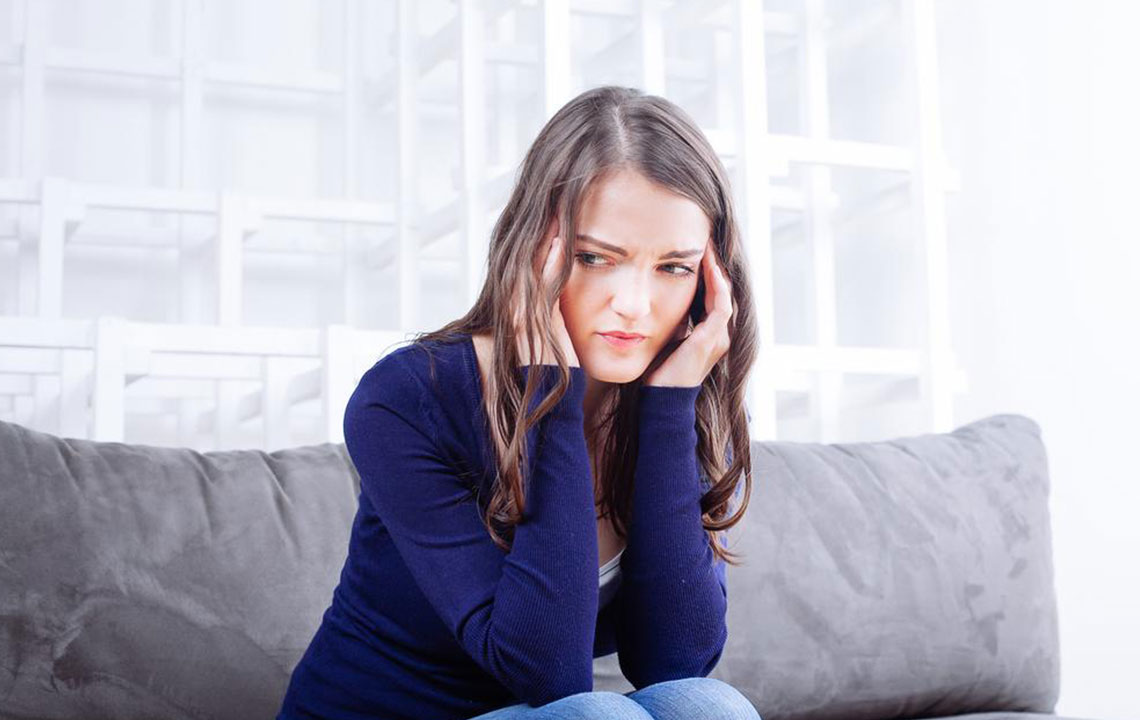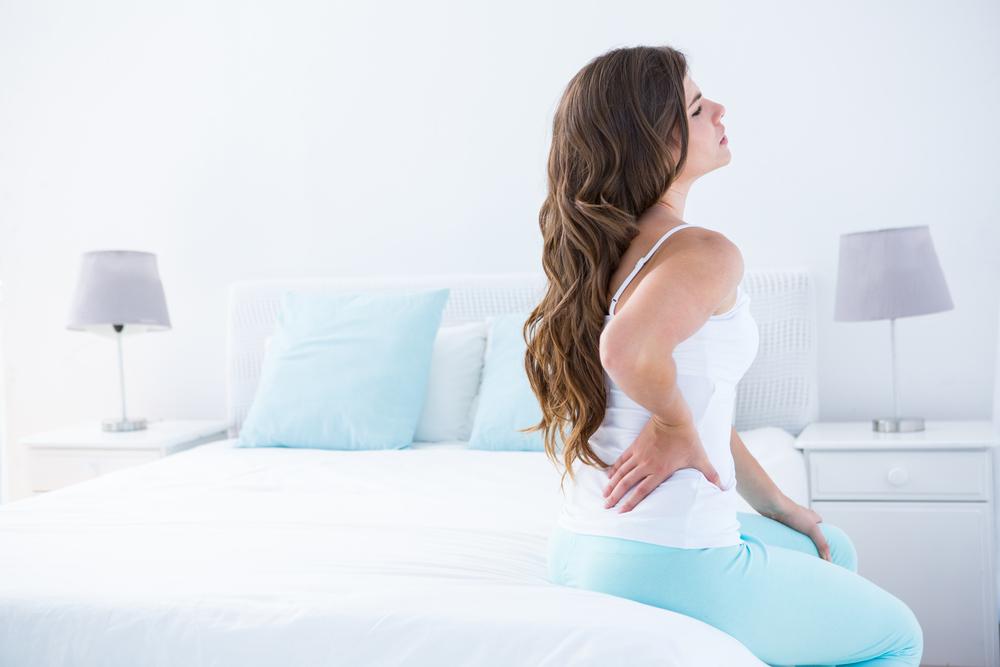Top 11 Triggers That Might Cause Migraines
Discover the top 11 common triggers of migraines, including stress, hormonal changes, sleep issues, and environmental factors. Learn how identifying these causes can help in managing and preventing migraine episodes effectively. This comprehensive guide provides practical tips to avoid triggers like bright lights, loud noises, dehydration, and more, empowering sufferers to improve their quality of life with informed decisions.
Top 11 Triggers That Might Cause Migraines
Understanding the true causes of migraines can be challenging. Various elements, such as loud noises, bright lights, strong fragrances, and specific foods, can provoke migraine episodes. What triggers a migraine in one person might not affect another, and some triggers may only cause occasional attacks. Recognizing and avoiding these factors can help manage symptoms effectively.
Common Migraine Triggers
Stress and Anxiety
Stress is strongly linked to migraine development. Any form of tension or anxiety may induce headaches, with symptoms often alleviating once relaxation occurs. For some, weekends or work-related pressures can trigger episodes.
Food Additives
Substances like MSG and artificial sweeteners, such as aspartame, are known to sometimes trigger migraines, though not in everyone.
Hormonal Fluctuations in Women
Changes during the menstrual cycle, puberty, and menopause can lead to migraine episodes, explaining why women are more affected during reproductive years.
Sleep Disruptions
Inadequate or irregular sleep patterns are common migraine causes. Interestingly, both lack of sleep and excessive sleep can trigger attacks.
Alcohol Consumption
Alcohol, particularly red wine, often induces migraines by dilating blood vessels, raising blood pressure, and causing dehydration and chemical imbalances in the brain.
Strong Odors
Intolerance to intense smells, known as osmophobia, can set off migraines, regardless of whether the scent is pleasant or unpleasant.
Bright and Flickering Lights
Bright, flickering, or fluorescent lighting can provoke migraines, especially in sensitive individuals, often affecting office workers and women.
Loud Noises
Excessive noise can be particularly painful for migraine sufferers. Using noise-canceling headphones or seeking quieter environments can help reduce attacks.
Dehydration
Lack of adequate fluid intake increases the risk of migraines, along with dizziness and confusion. Carrying water and staying hydrated is crucial.
Excessive Medication Use
Overusing pain relief drugs may lead to rebound headaches or medication overuse migraines, complicating management.
Screen Time and Digital Devices
Prolonged computer or TV use can trigger migraines. Taking regular breaks, maintaining good posture, and wearing anti-glare glasses can help prevent episodes.
Note: Our blog offers valuable insights across various topics. While we aim for accuracy, information should not replace professional medical advice. Readers are advised to consult healthcare providers for personalized treatment. The website cannot be responsible for discrepancies or omissions in information across different sources. Also, some discounts or schemes may not be listed here.










